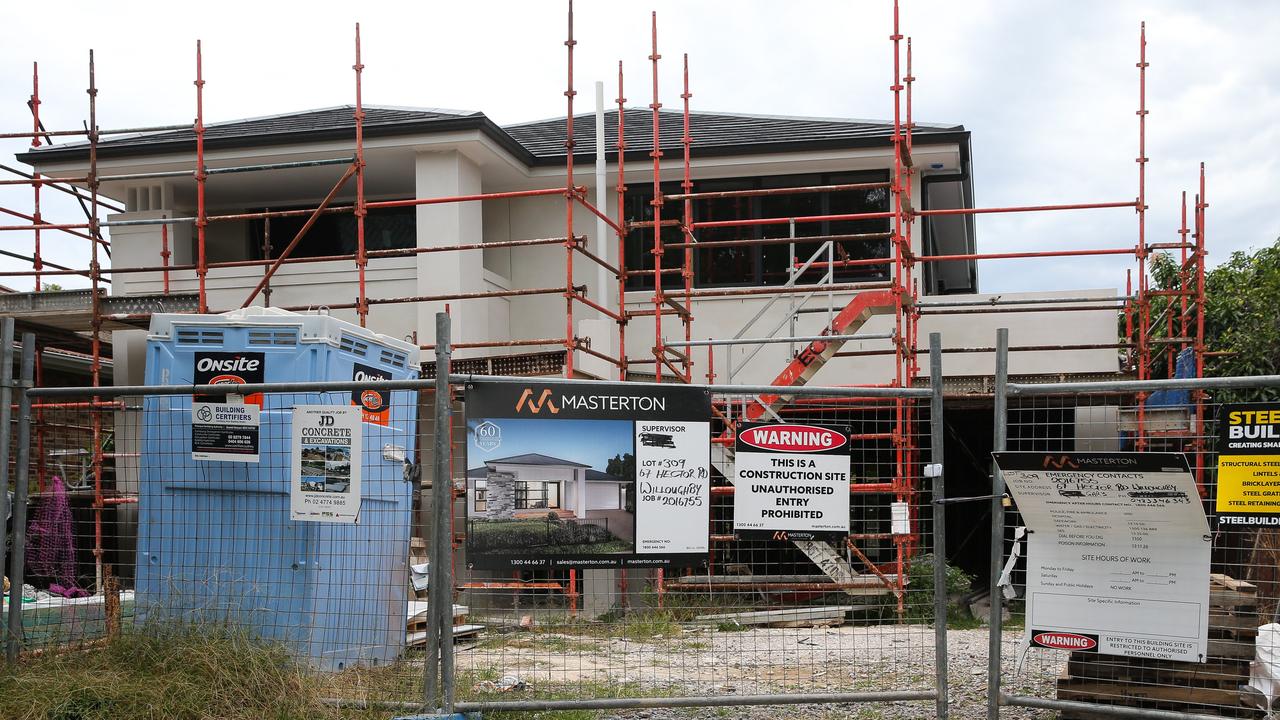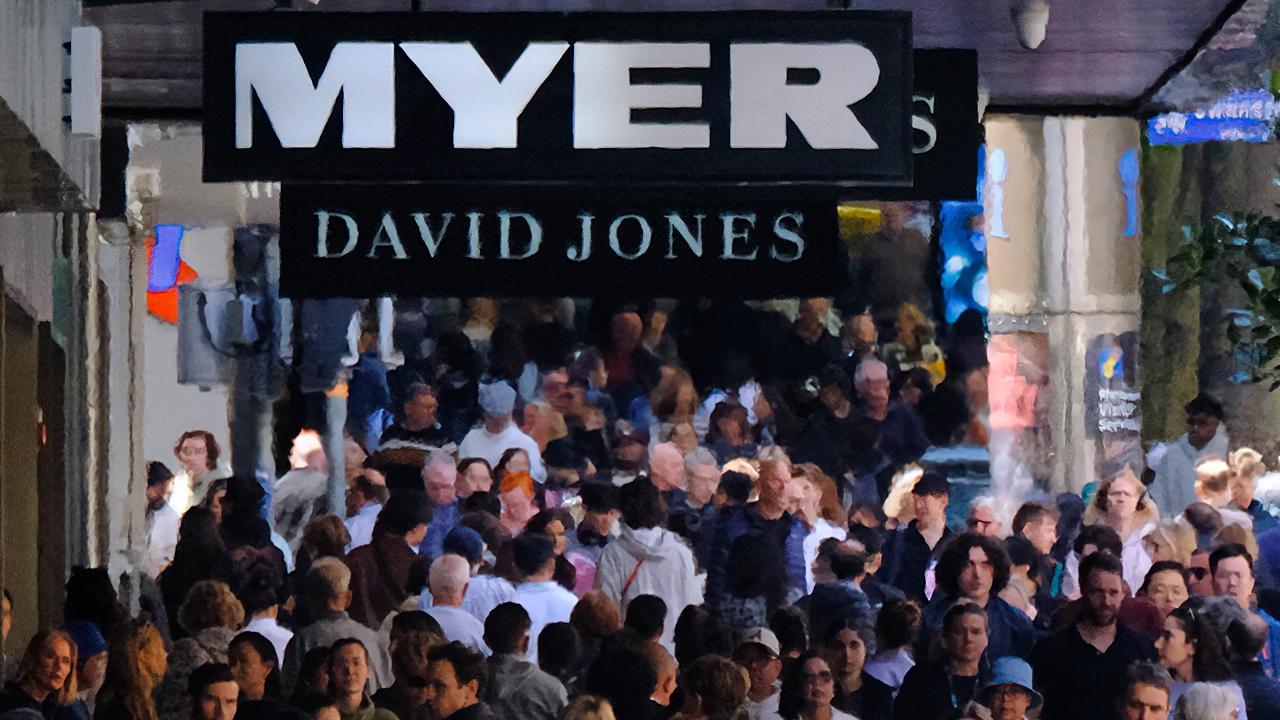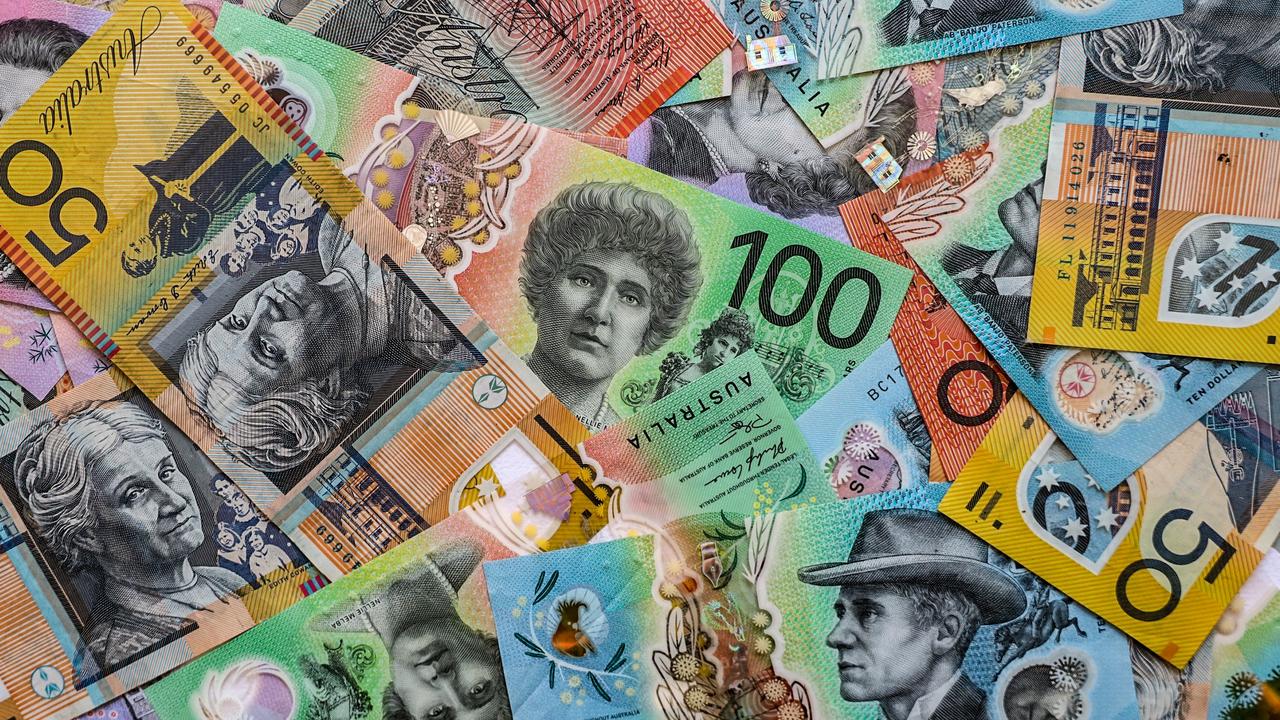'Extremely tough' budget ahead
THE Federal Government will have to deliver an extremely tough budget if it is to avoid further interest rate rises this year, a leading economic forecaster has warned.
Tough budget ahead
THE Federal Government will have to deliver an extremely tough budget if it is to avoid further interest rate rises this year, a leading economic forecaster has warned.
With the Rudd government already locked into $30 billion in tax cuts, Access Economics director Chris Richardson says the likelihood of further interest rate rises this year rests heavily on what savings can be found in next month's budget.
"Right now, with inflation baying at the heels of the economy, one family's tax cut and middle class welfare is another family's mortgage rate rise."
He warns that despite talk of reining in public spending in an effort to help curb inflation, the Federal Government has so far probably added more to debit sheet than it has cut.
"Federal Labor has been talking the talk of a razor gang, though decisions so far have tended to add to spending, while outside abandoning Opel's rural broadband rollout, possible cuts have been the stuff of rumours."
In its Business Outlook report, Access lists extra spending on new priorities such as $1 billion for health, announced at the Council of Australian Governments meeting, and the same again for the Murray-Darling initiative.
There also has been $53 million earmarked for an education program on the dangers of binge drinking, as well as an extra $65 million for indigenous housing in the Northern Territory.
The report suggest the takeover of the Mersey Hospital in Tasmania is likely to cost $20 million a year more than originally estimated, while the government has also dropped its election commitment to cut funding for the Australian Securities and Investments Commission.
The Joint Strike Fighter project is likely to cost more than forward estimates suggest.
Mr Richardson says every $3 billion the government saves could translate into a 0.25 per cent cut to interest rates.
"It is a choice and it's made in Canberra as we speak. The extent to which mortgage stress stays quite as bad as it is, the government has in its hands the opportunity to do something about it."
"So far we haven't seen the tough decisions that we do need to see."
Mr Richardson said that despite some economic indicators suggesting the central bank was less likely to raise interest rates again in 2008, there were still risks.
"The average punter reading things is not going to be surprised by the thought that the economy could break on the downside. They might be surprised by the thought ... that the potential for it to break on the upside is at least as great, probably greater.
"There's just as much a chance that the stunning commodity prices getting pumped into Australia's economy will combine with the big tax cuts on the 1st of July to drive economy faster but also continue to put pressure on interest rates."
He doubts that there will be another interest rate rise in May - but adds that the release of consumer price index data next week could make or break the case for a rate hike.



